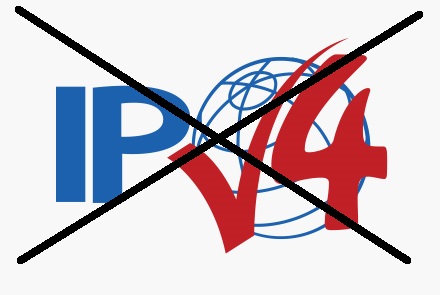The American Registry for Internet Numbers (ARIN), a nonprofit group that distributes Internet addresses for North America, announced it has assigned the last of its free IPv4 addresses, the numbering system that basically got the Internet to where it is today.
The group said the system does not have the space necessary to support the coming era of networking.
ARIN’s statement comes after years of warnings that IPv4 addresses were quickly being used up, and that businesses and carriers should begin adopting the next protocol, IPv6.
Now, they have no choice.

IPv4 goes all the way back to 1981; as it was originally set up, the system only has room for 4.3 billion unique addresses. IPv6 was introduced in 1999 and has enough addresses to serve Internet users for several decades.
Migrating from IPv4 to IPv6 can be a headache from some organizations. There’s also a bit of a chicken-and-egg problem going on right now as some providers are waiting for consumers to begin adopting the new protocol before investing in the new address.
Big carriers, like Facebook and Google, are trying to move the process along, as they’ve made efforts to make IPv6 more common.
Those who do not wish to invest in IPv6 just yet can buy IPv4 addresses on the transfer market from others who don’t need them anymore. Recently, exchanges were being made for about $10-12 each.
Looking ahead, North American IPv6 addresses will likely begin flooding the market now that ARIN has officially exhausted its IPv4 system. They will be fed through regional Internet registries around the world which, it’s worth noting, have begun warning their local businesses and carriers that they, too, are starting to run low on IPv4 addresses.
Via PCworld.com
Advertisement
Learn more about Electronic Products Magazine





